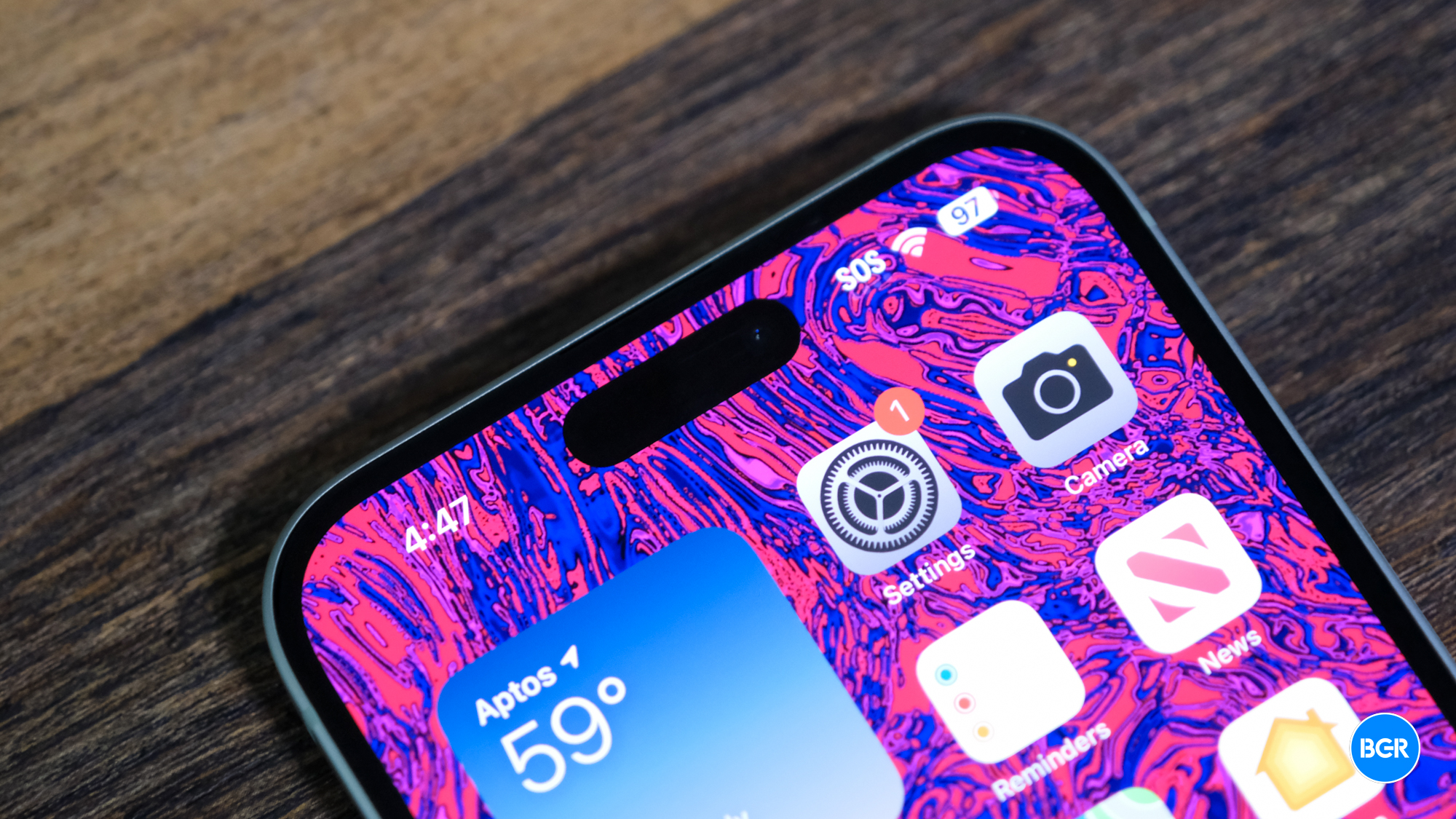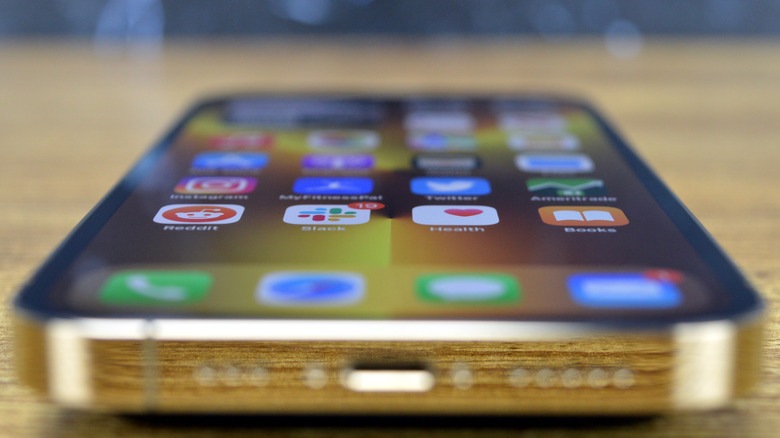Apple Might Be Forced To Allow iPhone Sideloading In The US
I recently managed to anger both the iPhone users who are in favor of sideloading and the ones who aren't. I explained several times that I will never use sideloading, third-party app stores, or third-party payment systems on my iPhone. Some of our readers were not happy with that line of thinking.
I also said that Apple should make sideloading available internationally rather than only in specific markets where regulators force it to. That way, it would deal with the PR mess around these sensitive topics. Then I heard from another round of BGR readers who were unhappy with my point of view.
I might not want to sideload apps on my iPhone, but Apple might be forced to support the feature in more markets. Following the decision in the Europan Union (EU), other regions are looking to impose similar measures on Apple, including Japan and the US.
In Japan, regulators might pass new laws similar to the EU's Digital Markets Act (DMA). That legislation found the App Store to be a gatekeeper in Europe. As such, Apple has until March to comply with the new rules that will force the iPhone to allow sideloading, third-party app stores, and third-party payment systems in the EU block. Such features should be added to iOS 17 fairly soon.
Reports have said that Apple plans to restrict sideloading and all that comes with it to the EU region. International users won't even be able to VPN services to trick Apple into allowing sideloading on their iPhones.
Japan is looking at similar laws to improve competition on iPhone and Android. They would impact Apple, Google, and other companies that manage similar platforms.

As for the US, the US Department of Justice (DOJ) has launched an antitrust investigation into the same App Store issues. Per The Financial Times (via 9to5Mac), the case against Apple is "firing on all cylinders."
Jonathan Kanter, head of the Department of Justice's antitrust unit since November 2021, has made no secret of his ambition to bring cases against the biggest US companies.
His department has been probing Apple's App Store policies for years and is now, according to Kanter, 'firing on all cylinders.' The window for him to bring a case is closing, however, as the US presidential election and a potential change in administration loom.
It's unclear if the DOJ will win such a case against Apple, or whether it'll happen anytime soon. I will say, however, that there's already precedent for such an outcome. That is, legislators forcing Apple to open the iPhone to sideloading, third-party app stores, and alternative payment systems.
Google recently settled a similar antitrust case. The company will have to pay $700 million and change how the Google Play store works. Google will have to let Android users install apps from any source. That's what sideloading and third-party app stores amount to.
Google will also support third-party payment systems. However, the company will still collect a fee from developers for each transaction. And developers might not end up saving that much money, if anything, by offering apps through third-party repositories instead of the Play Store.
There's no guarantee that Apple will be forced to take the same steps as Google. At the same time, you can't ignore these recurring themes. Some regulators are out for blood against Big Tech. It so happens that 2024 will be a record year for world elections, which might influence what politicians do to attack or protect tech companies.
Antitrust case aside, I think Apple would be better served by getting ahead of all this. Universal iPhone sideloading support will happen eventually. Resisting it only hurts the company at this point.
At the end of the day, it will be up to the users to decide whether to install apps from third parties. In the long run, I don't think Apple's App Store bottom line will see a big impact. Not as long as I, and others like me, continue to avoid iPhone sideloading and all the risks that it entails.
